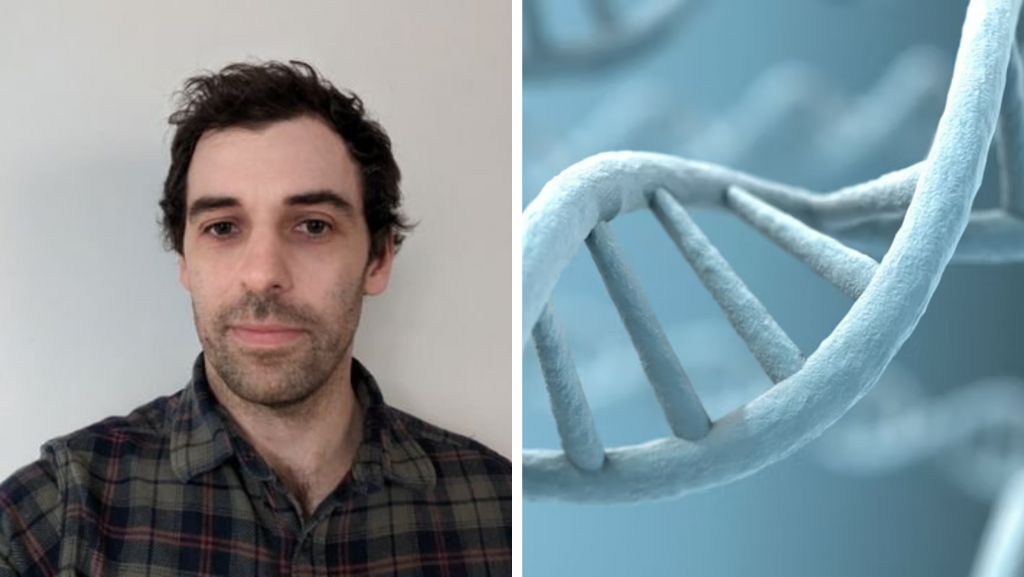
A new software tool – described as “Google Earth for genomics” – is set to transform how scientists visualise and analyse genomic data, accelerating cancer research and diagnosis. This work, led by Wales Cancer Research Centre (WCRC) researcher Dr Kez Cleal, represents a major step forward in genomic analysis.
The software, Genome-Wide (GW), dramatically enhances data-processing capabilities. Capable of working at speeds up to 100 times faster than current tools, GW allows researchers to explore vast genomic datasets in real time.
Dr Cleal said:
“This breakthrough is particularly important in cancer research, where understanding large-scale structural changes in the genome is key to unlocking the mechanisms behind the disease.”
The software’s ability to dynamically visualise genome-wide changes provides a crucial advantage in identifying genetic rearrangements that underpin cancer development.
“With GW, we’re able to dynamically visualise genome-scale changes, giving us the ability to explore and understand complex genetic structures in ways that were not possible before. This opens the door to more efficient cancer research, helping us to quickly identify genetic changes of interest in the cancer genome.”
While existing genome browsers remain essential tools, they often struggle with performance when working across large genomic regions. GW overcomes this limitation by using high-performance computing frameworks to deliver rapid, scalable visualisation – a capability essential for analysing complex genetic rearrangements often seen in cancer.
Supported by WCRC and Cancer Research UK, Dr Cleal’s team is now applying the tool to develop diagnostic methods for identifying patients with abnormal genomic structures and uncovering the biological processes driving these changes. The long-term goal is to pave the way for new cancer treatment strategies.
“Understanding the genetic changes that underlie cancer is vital in finding new cancer diagnoses, risk identification, and treatments for the future. Genome-Wide provides a step forward in tools that can help researchers gain a deeper understanding of the genetics of cancer,” added Dr Cleal.
The research, published in Nature Methods under the title GW: ultra-fast chromosome-scale visualisation of genomics data, received funding from Cancer Research UK and the Wales Cancer Research Centre.